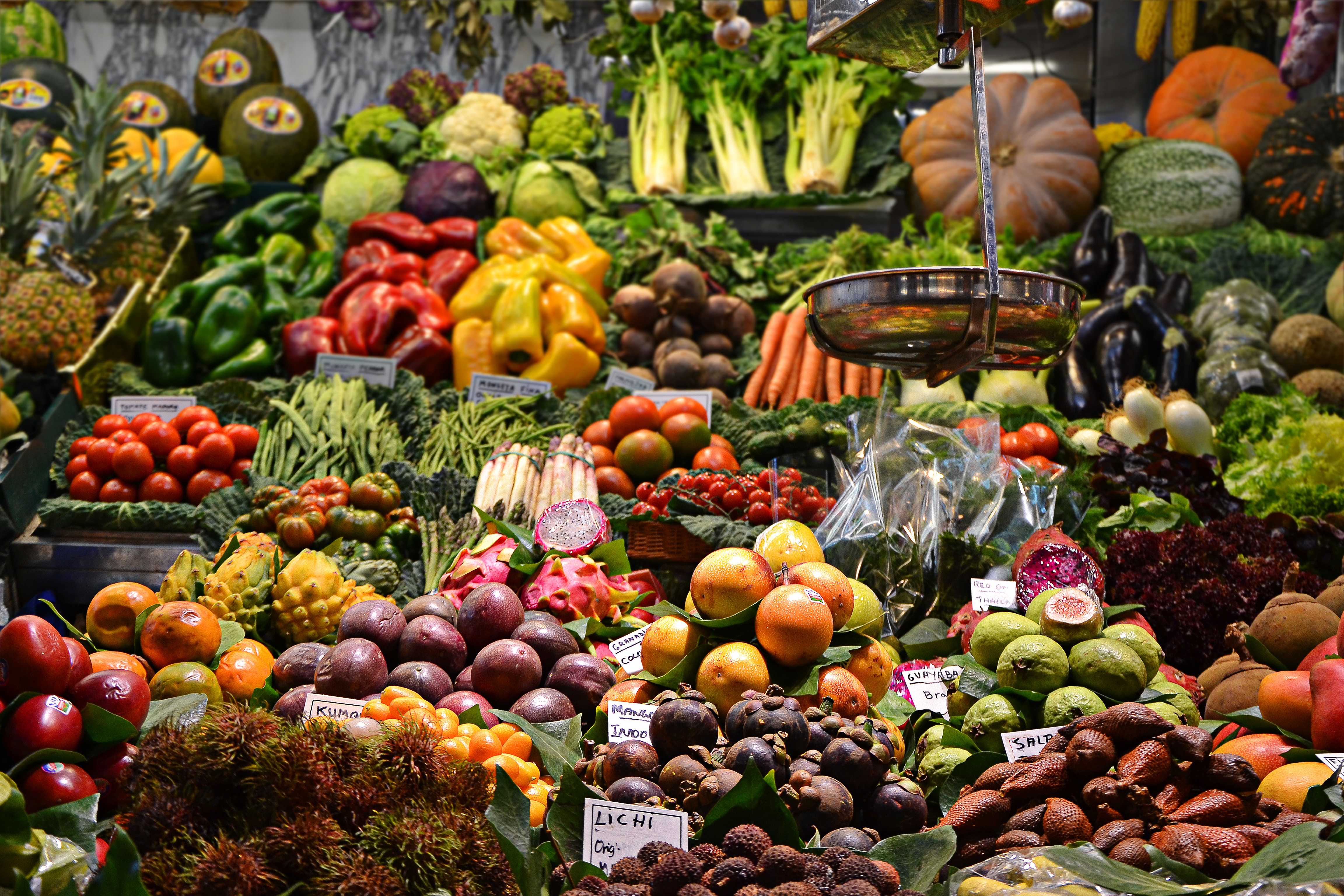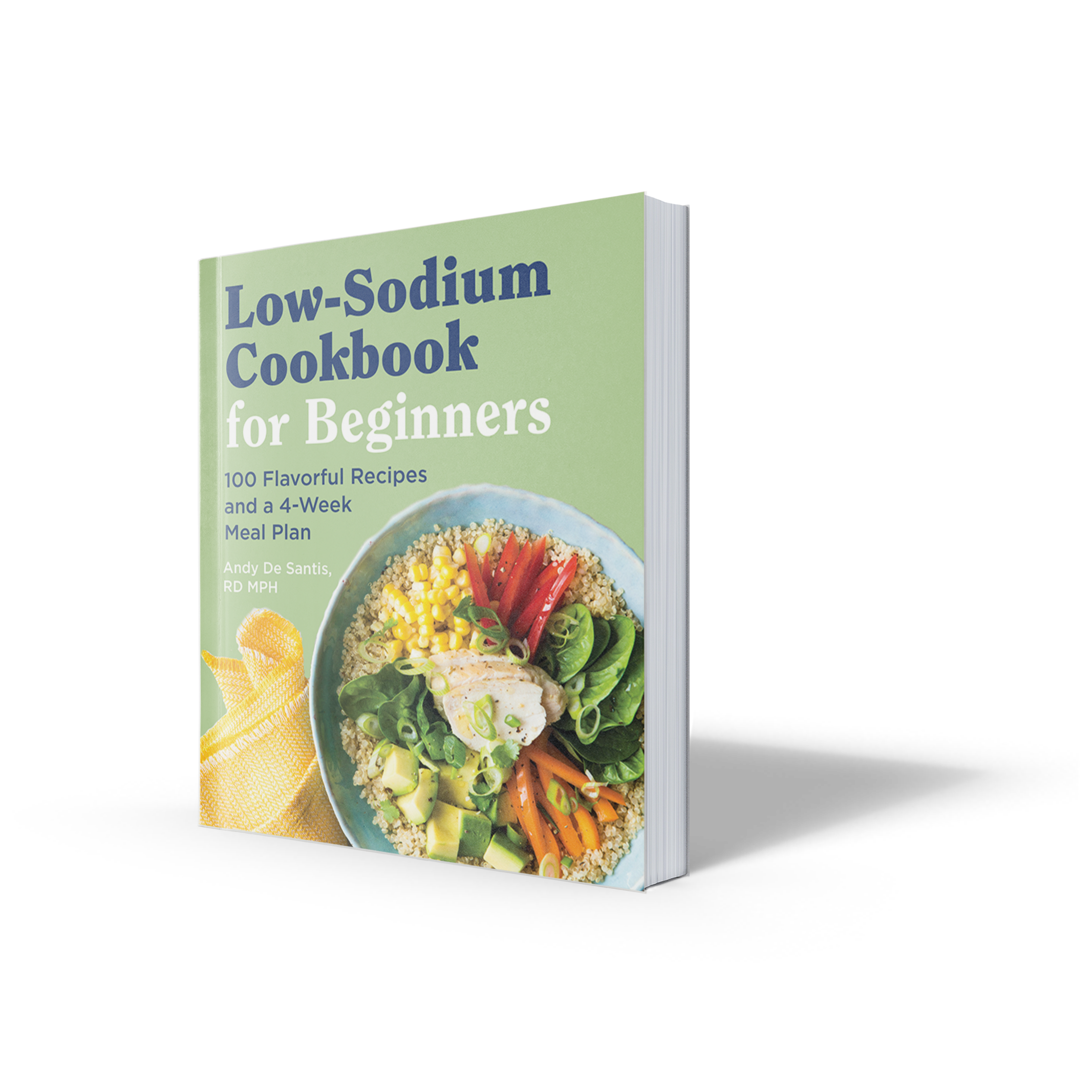Is organic produce worth it? Is it healthier? These are questions that my clients bring to me time and time again.
Despite a growing public interest in organic food, I find that many people I encounter still do not have a good grasp of what it really means for a food to be labelled “organic”.
They understand that organic costs more and presume it to be healthier for them, but don’t really know how or why that may be.
Today’s article will help you demystify organic produce and allow you to make an educated decision as to whether or not it is worth the extra cost.
What is the primary difference between organic and conventional produce?
What sets apart organic and conventional produce is the way it is grown.
Organic produce must not be grown using synthetic (man-made/laboratory produced) pesticides, fertilizers or herbicides.
The use of GMO seeds ( genetically modified organisms) are also not permitted to be used under Canada’s organic standards although GMO contamination from nearby fields can happen, especially with certain types of crops like canola where the pollen can travel a great distance.
For those that don’t know, a GMO seed has had it’s genetic structure altered in some way to allow it to grow more easily.
Ultimately, a GMO seed produces a GMO food.
Conventionally raised produce can be, and often is, grown using synthetic chemicals and GMO seeds.
If you are curious about organic meat, fish, eggs or milk.
Animals providing these foods cannot be raised using growth hormones or antibiotics and must be fed organic feed.
The introduction of quick-growing farmed GMO salmon into the Canadian food system adds an extra layer to this topic, which I discuss at greater length in my extensive article on Wild Caught Vs Farmed Fish.
So organic produce must be grown without pesticides?
Not necessarily, organic produce must be grown without synthetic pesticides, herbicides and fertilizers. This means that man-made chemicals cannot be used but that naturally occurring pesticides, such as compounds found in certain plants, may be used in organic agriculture.
We can’t say for certain that natural pesticides used in organic farming are any better or worse for us than synthetic pesticides used in the production of conventional produce.
It is also possible that organic produce might come into contact with synthetic pesticides during transport but, at the point of purchase, organic produce will almost always have a lower pesticide residue than conventional foods.
Is it harmful to consume foods grown with synthetic pesticides?
Foods grown with synthetic pesticides can have small amounts left on them at the point of sale.
Keep in mind, however, that all organic and conventional foods are closely monitored to ensure minimal pesticide residue remains by the time they reach the consumer.
There is currently no evidence to suggest that the minimal synthetic pesticide residues on conventional produce have a negative effect on our health.
If pesticides concern you, your best bet is to wash your produce under running water before eating.
What about food grown with GMO seeds?
Our current understanding is that GMO foods are completely safe for human consumption and there is no strong evidence available to suggest the contrary.
[ Read on here to learn more about the arguments for GMOs or here for the arguments against them]
I don’t personally believe that worrying about GMOs is worth your time and energy, but also respect those who may want to minimize their GMO intake for personal beliefs/reasons.
So are organic foods better for my health?
Although they may have slightly less pesticide residue at the point of sale, there is currently little evidence to suggest that organic produce is any healthier for us than conventional produce.
Certain organic foods may be slightly higher in certain nutrients, but this difference is not enough to have a tangible impact on our health.
As organic foods become increasingly popular and prevalent, our understanding of the impact of these foods on our health will evolve, but as of today, we can’t really say that organic = healthier.
Are there environmental benefits to choosing organic produce?
According to the Food and Agriculture Organization of the United Nations, organic farming results in healthier soil, water and air and does a better job of promoting biodiversity and combating climate change then traditional agricultural practices.
If the state of the environment is a particularly important cause for you, this may impact your feelings towards organic produce.
Should I eat organic food?
If you have the financial flexibility to do so and the organic food movement resonates with you, I do not see a reason why you should not buy organic food. Keep in mind that the primary difference between organic and non-organic food is the way it is grown, and not necessarily the nutritional quality.
If it is your personal preference to largely avoid GMOs and synthetic pesticides, going organic makes sense for you.
With that being said, there is currently limited evidence to suggest that organic food is any healthier, and thus nutritional value should not be the primary reason motivating your decision to choose organic, especially if it poses a financial compromise for you.
Eating a diet rich in fruits and vegetables is the most important decision you can make for your health.
Whether or not you purchase that produce organically grown should really be a secondary consideration.
Final Thoughts
I hope that today’s article has cleared up any lingering questions you may have had about the nature of organic food. There are certainly some merits to choosing organic food if you can afford to do so, but you should know that you can eat a healthy balanced diet without ever consuming foods that are grown organically.
Andy De Santis RD MPH
Organic Or Not, Here I Come
Your pockets will be relieved to know that the recipes in my brand new Low Sodium Cookbook For Beginners, which is now available for pre-order, don’t require organic meat or produce.




